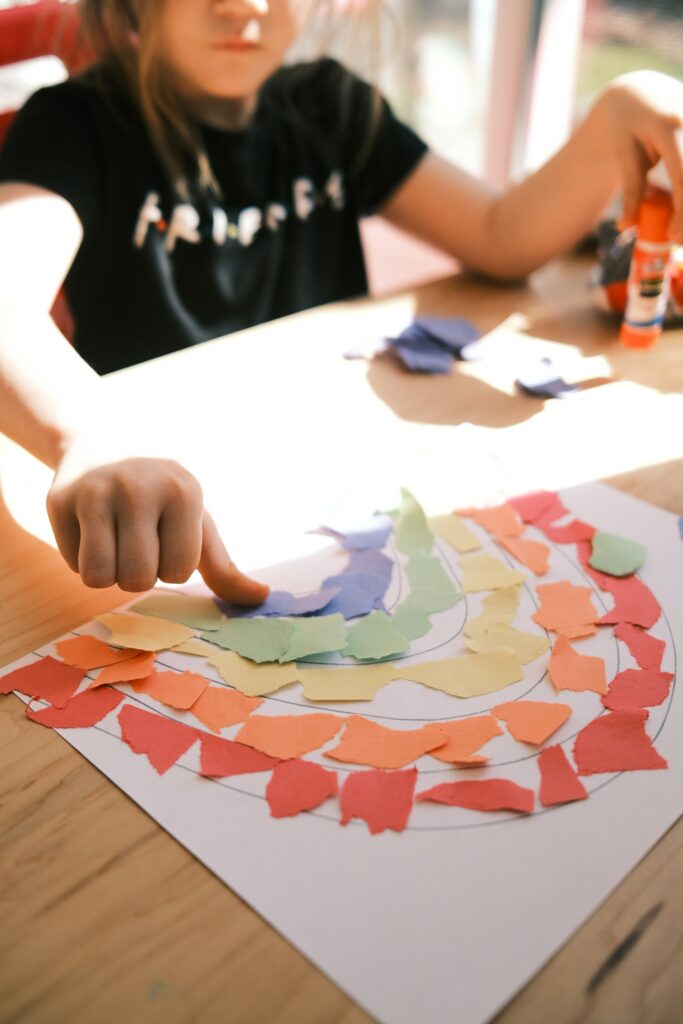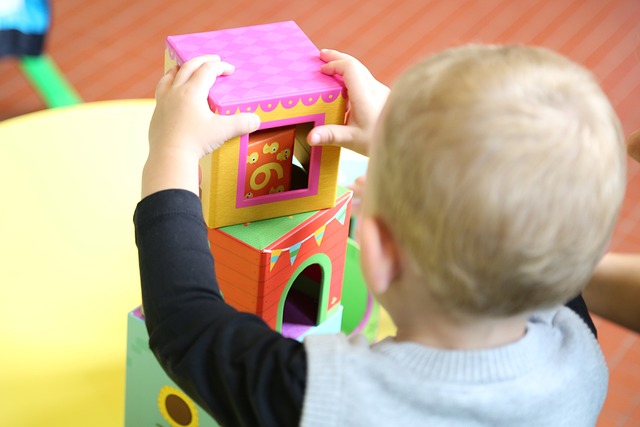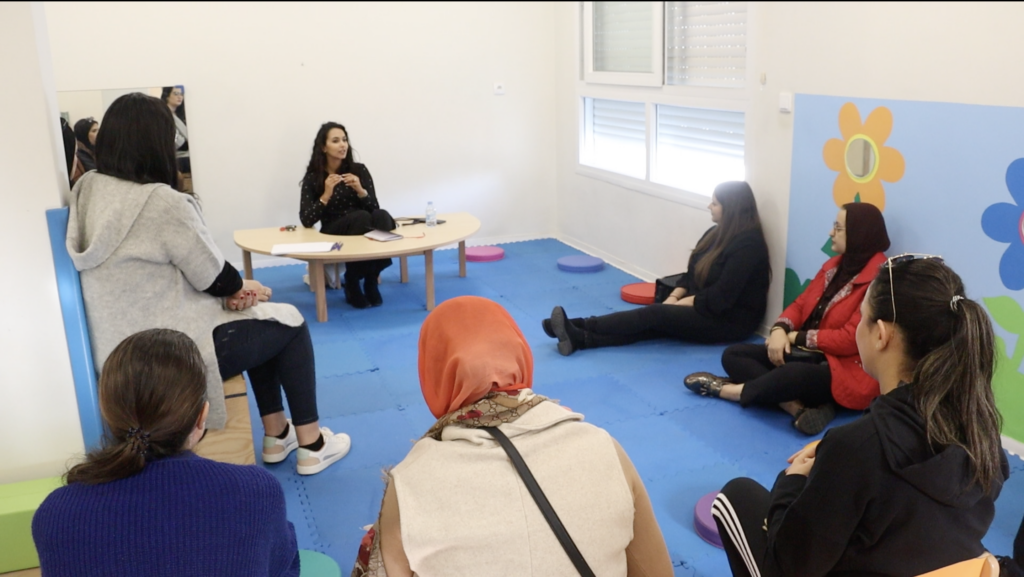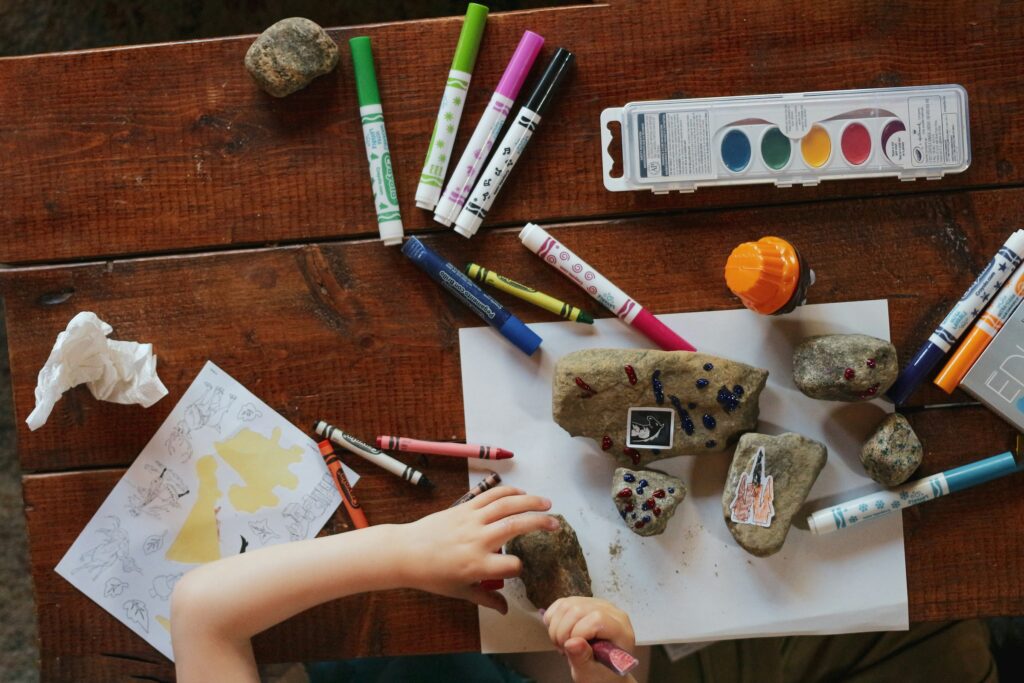The start of nursery school, particularly in the very early years, is a crucial moment for children and their families. This phase, often intended for children as young as 2, is an opportunity for them to discover the world of school in a safe, caring environment. In this article, we explore in detail everything you need to know about the very youngest section: its importance, its advantages, and how to prepare for this key stage.
1. What is nursery school from the very first section?
The toute petite section is the first year of nursery school for children aged 2 to 3. This early cycle is designed to offer a smooth transition between home and the school world. At this age, children begin to open up to the outside world and interact with their peers in a structured setting. Nursery school in the very early years focuses on awakening, play and discovery, in a safe environment designed to meet the specific needs of toddlers.
The very youngest section enables children to familiarize themselves with life in a community, to discover their first skills through play, and to acquire school habits that will serve them throughout their educational career.
2. The importance of nursery school from the earliest age
There are several advantages to starting school at a very early age. First and foremost, it enables children to adapt to life in a community at a very early age, thus fostering their social integration. Studies show that children who enter nursery school early are better able to develop solid social and emotional skills, valuable assets for their future school career.
What’s more, nursery school contributes to children’s overall intellectual and emotional development. The activities offered in the very early years are designed to stimulate children’s curiosity, enable them to discover the world, and encourage their cognitive development.
3. The cognitive advantages of nursery school from the very early years
One of the main aims of the very early years is to stimulate children’s cognitive development through age-appropriate activities. Playful activities such as building games, drawing and manipulating objects enable children to exercise their fine motor skills and hone their problem-solving skills.
What’s more, kindergarten’s rich environment of visual, aural and tactile stimuli enables children to acquire skills such as shape, color and number recognition. These early experiences help structure their thinking and lay the foundations for future learning.


4. The social and emotional benefits of nursery school from the very early years
Starting kindergarten enables children to become familiar with the rules of group life, to develop communication and cooperation skills, and to manage their emotions. At this age, children learn to share, wait their turn, and resolve small conflicts under the supervision of teachers.
https://lecoledespetits.ma/les-meilleures-creches-a-casablanca-un-paradis-pour-vos-tout-petits/LThe nursery school environmentis designed to be caring and secure, so that every child can express him/herself freely and gain self-confidence. Socialization is a crucial stage in a child’s development, and the nursery school offers a framework that is conducive to this evolution.
5. The linguistic advantages of nursery school from the very earliest age
In the early years, children are exposed to a rich and varied vocabulary on a daily basis. Story-reading activities, songs, and interactions with teachers and other children foster language acquisition. At this age, children are linguistic sponges, rapidly absorbing new words and expressions.
The nursery school also offers introductory workshops in other languages, such as English and Arabic, enabling young children to broaden their linguistic horizons right from their first school years.
6. The advantages of early socialization in nursery school from the very first section onwards
Early socialization is one of the main advantages of starting in the very early years. From an early age, children are in contact with other children their own age, learning to communicate, cooperate and interact in a variety of situations. This early socialization also enables them to acquire essential skills such as tolerance, respect for others and emotional management.
By taking part in collective activities, children develop their ability to work in groups, follow common rules and help each other. These are social skills that will stay with them throughout their school career and beyond.
7. Activities and learning at nursery school from the very early years
The days in the very youngest section are punctuated by a variety of activities, adapted to children’s needs and abilities. Teachers offer fun workshops to stimulate creativity, curiosity and independence. Here are just a few examples:
– Manual activities: painting, drawing, modeling clay to develop fine motor skills.
– Sensory games: discover textures, sounds and smells to awaken the senses.
– Motor games: course, jumping, running to encourage gross motor skills.
– Songs and rhymes: to develop listening, language and memory skills.
– Stories and tales: to encourage imagination and enrich vocabulary.
These activities are designed to offer children a range of learning experiences that stimulate both mind and body.
8. Preparations for a successful start to nursery school from the very early years
To ensure a successful entry into the very early years, it’s important to gently prepare your child for this new world. Parents can start by talking positively about school, explaining what their child will be able to do there, and answering any questions. Here are a few practical tips to help you prepare for this transition:
– Early school visits: If possible, visit the school with your child to familiarize him/her with the environment and meet his/her future teachers.
– Regular routine: Establish a clear daily routine (sleep times, meals, etc.) to help your child adjust to the school schedule.
– Choosing school supplies: Involve your child in choosing his or her school supplies (backpack, water bottle, etc.) so that he or she feels involved and motivated.
The key to a successful transition lies in gentle communication, both with the child and the educational team.

9. Frequently asked questions about nursery school from the very early years
Here are a few questions that parents often ask about kindergarten from the very earliest age:
– At what age can I enrol my child in a nursery?
Children can be enrolled from the age of 2, subject to availability of places and the school’s criteria.
– How long is a day in the nursery?
The day is generally adapted to young children, with moments of rest and varied activities throughout the day.
– How can I help my child adapt?
It’s essential to reassure the child, talk positively about school and explain how the day will unfold. Involving the child in the preparations can also help him or her adapt better.
10. Conclusion: Why pre-school from the very first section is the right choice for your child
In conclusion, kindergarten from the very earliest age is an essential stage in your child’s overall development. It offers a secure and stimulating environment, conducive to the intellectual, social and emotional development of toddlers. In addition to acquiring valuable skills for their future schooling, children learn to interact with others, manage their emotions, and discover the world around them in a playful way.
Opting for the very youngest section lays a solid foundation for your child’s future development, while offering a gentle, gradual introduction to school life.






